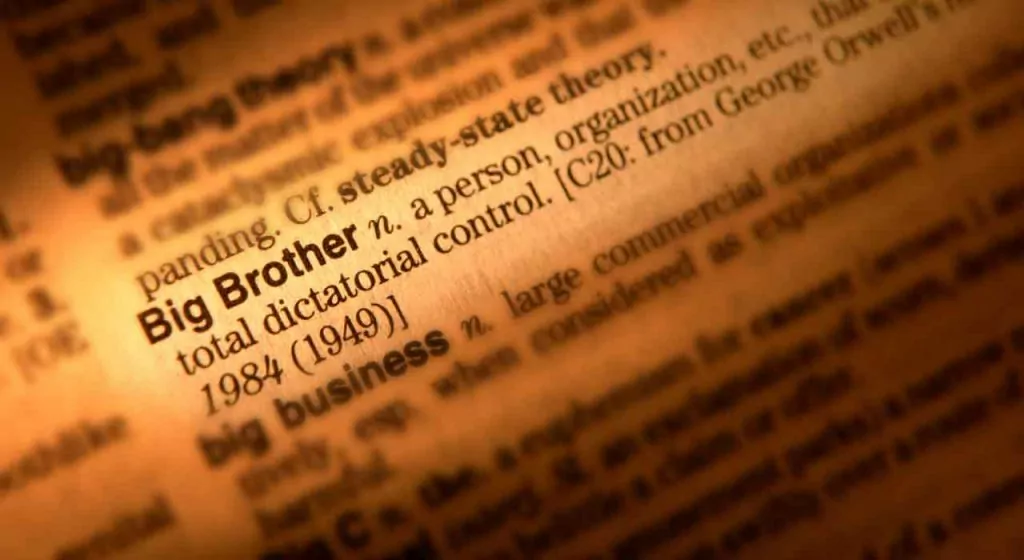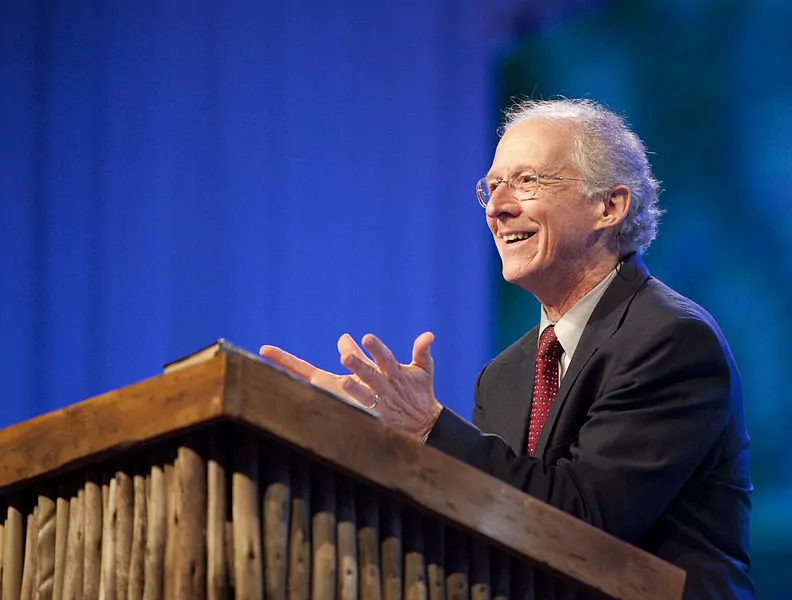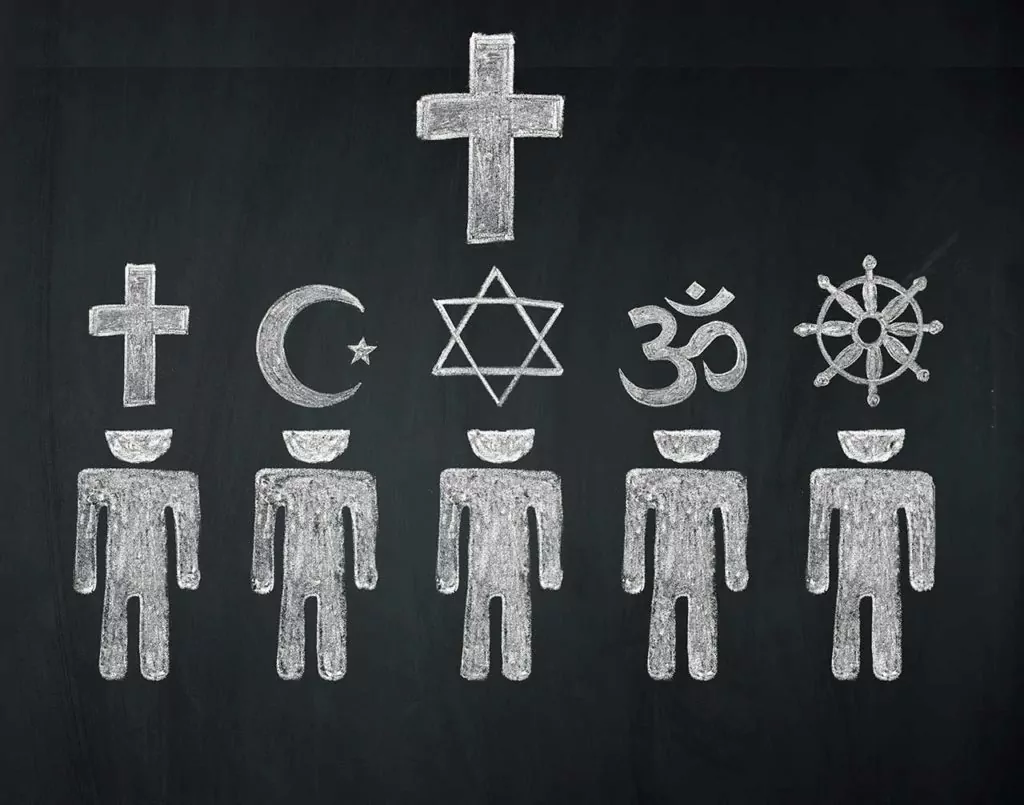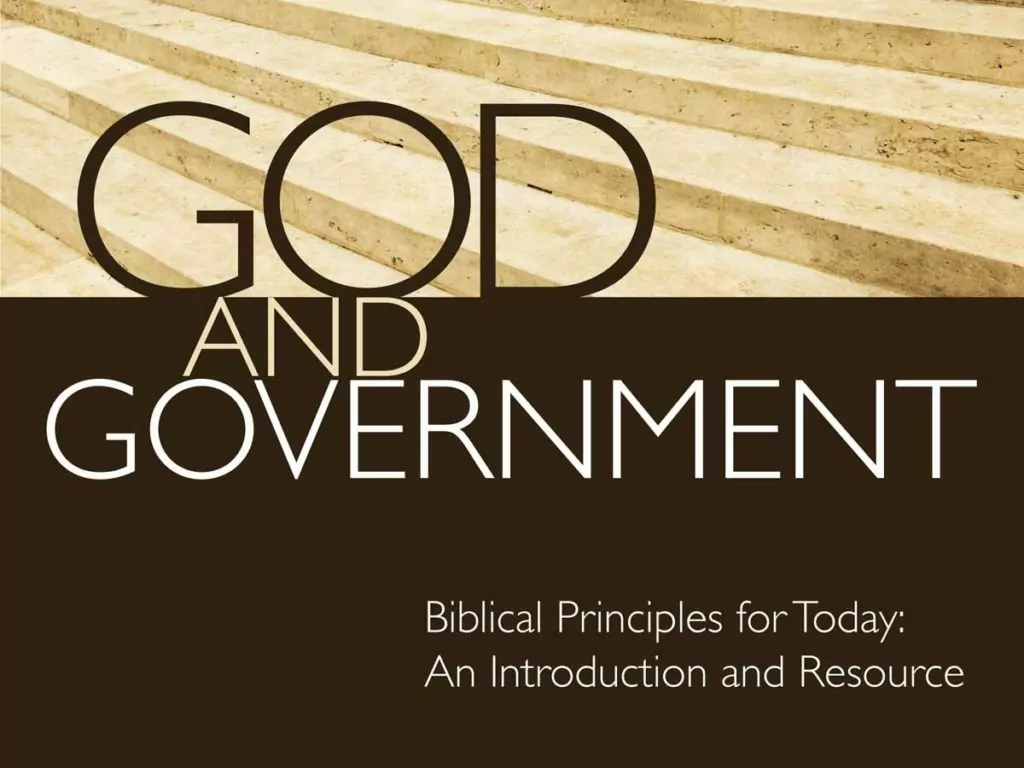
Politics, Theology
Haggai and the call to rebuild the temple: a case study in Church/State relations
Canadians find themselves beginning 2021 under varying levels of lockdown. Across our country churches are wrestling with how to respond. The Bible seems to contain few practical examples of believers facing something comparable to our current scenario. However, over the Christmas break, I stumbled across an article about the story of Haggai and its connection to the book of Ezra. The story struck me as having particular relevance, or at least uncanny parallels, for the church in Canada today. I offer this reflection not to recommend a particular way forward for churches in Canada as it relates to restrictions on corporate worship, but to at least help some Christians better understand the decisions of some church leaders who have made the decision to continue worshipping corporately despite (near) total prohibitions in their province.
In the May 2020 edition of The Messenger (a denominational magazine of the Free Reformed Churches), the late Pastor Gerald Hamstra published a meditation about the rebuilding of the temple in the post-exile period. Though the books are spaced far from each other in the Old Testament canon, the events of Haggai and parts of Ezra occur simultaneously.
Many of us are familiar with the narrative of Haggai, where the prophet calls on the people of Israel to rebuild the temple:
"This is what the Lord Almighty says: “These people say, ‘The time has not yet come to rebuild the Lord’s house.’”
"Then the word of the Lord came through the prophet Haggai: 'Is it a time for you yourselves to be living in your paneled houses, while this house remains a ruin?'
"Now this is what the Lord Almighty says: 'Give careful thought to your ways. You have planted much but harvested little. You eat, but never have enough. You drink, but never have your fill. You put on clothes but are not warm. You earn wages, only to put them in a purse with holes in it.'" – Haggai 1:2-6
It appears, on first reading, that the people of Israel were selfishly caring only for themselves and their own houses and ignoring the worship of the Lord without a thought for the temple in ruins. However, that is not the whole picture. In the book of Ezra, we find the rest of the story.
Why had the rebuilding of the temple ceased?
King Cyrus had issued a decree permitting the Jews to return from Babylon to Jerusalem and charging them to rebuild the temple (Ezra 1:2-5). But the Jews, soon after their return, faced many challenges and obstructions from those living in the region and even from the local civil magistrates (Ezra 4:1-5). Eventually, these opponents, with malicious lies, convince a subsequent king, King Artaxerxes, to stop the building of the temple entirely. Having been persuaded by the reports of the local magistrates in Judea, the king concludes that the temple-building efforts are a threat to the security of his kingdom and decrees that the temple work must cease.
"As soon as the copy of the letter of King Artaxerxes was read to Rehum and Shimshai the secretary and their associates, they went immediately to the Jews in Jerusalem and compelled them by force to stop. Thus, the work on the house of God in Jerusalem came to a standstill until the second year of the reign of Darius king of Persia." – Ezra 4:23-24
For some sixteen years, the temple lay in ruins because of the king’s edict. Over the course of those years, the crops began to fail and the people were struggling. They were not flourishing following their return from Babylonian exile.
Pastor Hamstra, reflecting on this story, explains:
“ interest in the temple and the worship of God was waning. They erroneously viewed the encountered opposition as a divine indication that the work on the temple should be discontinued.” (emphasis mine)
It is worth noting that the order from King Artaxerxes for the Jews to cease building the temple was not a form of direct persecution. The king was not operating with anti-Semitic animus or anti-religious prejudice. He had been convinced by his officials that there was a threat to the safety and security of his realm. So, he ordered the project to cease. Questions of safety and security are under the proper authority (or “sphere”) of the king. So, the Jews submitted to the civil government, ceasing work on the temple.
But in this case, the people of God had mistakenly viewed the challenges to building the temple and the intervention of the local authorities as an indication from God that the temple work must stop. God sends Haggai to call the people to repent, to return to building the temple, and to observe the corporate worship of the Lord in the way He prescribed. Haggai makes it clear that the worship of God is to be held in the highest regard, and that King Artaxerxes had been wrong to stop the building of the temple for the worship of God.
In the face of opposition, the people begin to rebuild
God’s people respond in faith to the call of the prophet. They recognize the punishment for their disobedience, and the suffering they were enduring because of it. Just a few weeks after Haggai delivers his message and encouragement from the Lord, the Jews restart the temple building project.
In Ezra 5 we read that the local magistrates came to the building site to see why the people had begun building again in apparent defiance of the king’s orders:
"At that time Tattenai, governor of Trans-Euphrates, and Shethar-Bozenai and their associates went to them and asked, “Who authorized you to rebuild this temple and to finish it?” They also asked, “What are the names of those who are constructing this building?” But the eye of their God was watching over the elders of the Jews, and they were not stopped until a report could go to Darius and his written reply be received." – Ezra 5:3-5
Though the local rulers questioned them, the Jews continue to rebuild the temple. The call from Haggai was to obey God, regardless of what the earthly king or the local magistrates declared or forbade. They obey God unquestioningly.
Interestingly, as the Jews resume their work, the local governor Tattenai sends another report to the Persian king, King Darius, about how the Jews were rebuilding the temple contrary to the decree of the previous king, Artaxerxes. In that report, Tattenai lists the Jews’ legal defense: that King Cyrus had decreed that they should build the temple (Ezra 5:6-15). King Darius orders a search of the archives and confirms the truth of the matter. He orders the local governors and their associates to “keep away” and to “let the work on this house of God alone” (Ezra 6:6, 7). The Jews are vindicated!
Are there any lessons here for today?
The parallels to today are striking. In this Old Testament story, we see conflicting government decrees, human opposition to corporate worship, the disdain of the people of God by some levels of civil government, and hasty orders by rulers motivated by fear for safety. We also see commands from God and confusion on the part of His people as to the right way forward.
We also see God giving direction, and redirection, patient with His people while unwavering in His call to worship. We see His mighty hand turning the hearts of leaders for His glory and the good of His people.
Some lessons in this story for the people of God today include how God’s people can appeal to, and be vindicated by, the higher laws and decrees of civil governments. Perhaps appealing to the original decree of Cyrus (where he first granted permission to the Jews to build the temple), is comparable to church leaders appealing to a constitutional guarantee of freedom of religion and freedom of assembly. Perhaps the Jews’ refusal to abide by the second decree of Artaxerxes while their appeal makes its way to the court of Darius is comparable to the path chosen by some church leaders to resume corporately worshipping God while challenging the legality or constitutionality of overly broad public health orders through the court system. Though I don’t think this story is prescriptive of the way forward for churches in Canada today, the story of the rebuilding of the temple does provide some insight for the 21st-century church to ponder in light of significant restrictions by the civil government on corporate worship. Even if you don’t agree with the decisions made by some churches to continue worshipping, that decision should at least be understandable in light of the Ezra and Haggai story.
One thing we can remain confident in is that God rules over the nation of Canada today, just as He has over the nations and empires of the past. He is faithful to those who put their trust in Him. It is our daily duty to pray, work and worship to the glory of His name!
"Blessed is the man who trusts in the LORD, whose trust is the LORD. He is like a tree planted by water, that sends out its roots by the stream, and does not fear when heat comes, for its leaves remain green, and is not anxious in the year of drought, for it does not cease to bear fruit." – Jeremiah 17:7-8
This article first appeared on the ARPA Canada blog here. Colin Postma is the Federal Issues Manager for ARPA Canada


























